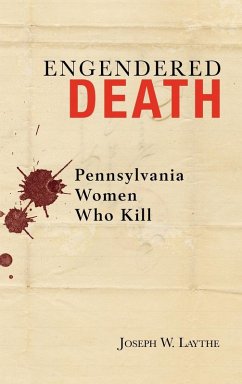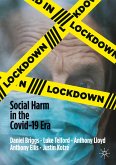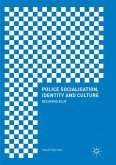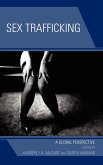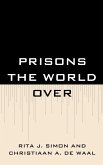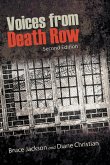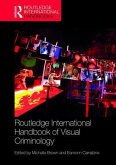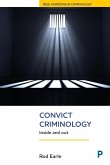Engendered Death: Pennsylvania Women Who Kill is an historical and interdisciplinary study of women who kill in Pennsylvania from the 18th century to the present. It is not an examination of what motivates women to kill, although the reader may deduce that from the case studies included. Instead, it is an examination of how society perceives women who kill and how the gender-lens is applied to them throughout the legal process in the media and in the courtroom. What makes this work particularly unique is its combination of both scholarly analysis and narrative case studies. As such, it will appeal to both the scholar and the reader of true-crime non-fiction. If we are to recognize the complex variables at play in all criminal offenses, we will need to understand that the laws of a community, its social values, its politics, economics, and even geography play a factor in what laws are enforced and against whom they are enforced. The decision to define and label certain behaviors and certain people was based on social, political, and economic considerations of each community. Thus, the commission of murder by a woman in Arizona may have a variety of factors associated with it that are not present in the case of a woman who murdered her husband in Maine. This study, in part because of the volume of cases and in part to limit the variables affecting the cases, has limited its scope of women killers to the state of Pennsylvania. Pennsylvania is the ideal state to study because of its long and stable legal and political traditions, its historically diverse population, and the large number of newspapers that will help us gauge the public's view of women and women who kill. By limiting our scope to one state, we know that the legal definitions are fairly consistent for all of the women during a certain period and we can more easily identify the shifts in social values regarding women and homicide.
Hinweis: Dieser Artikel kann nur an eine deutsche Lieferadresse ausgeliefert werden.
Hinweis: Dieser Artikel kann nur an eine deutsche Lieferadresse ausgeliefert werden.

